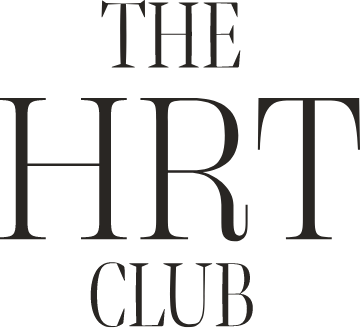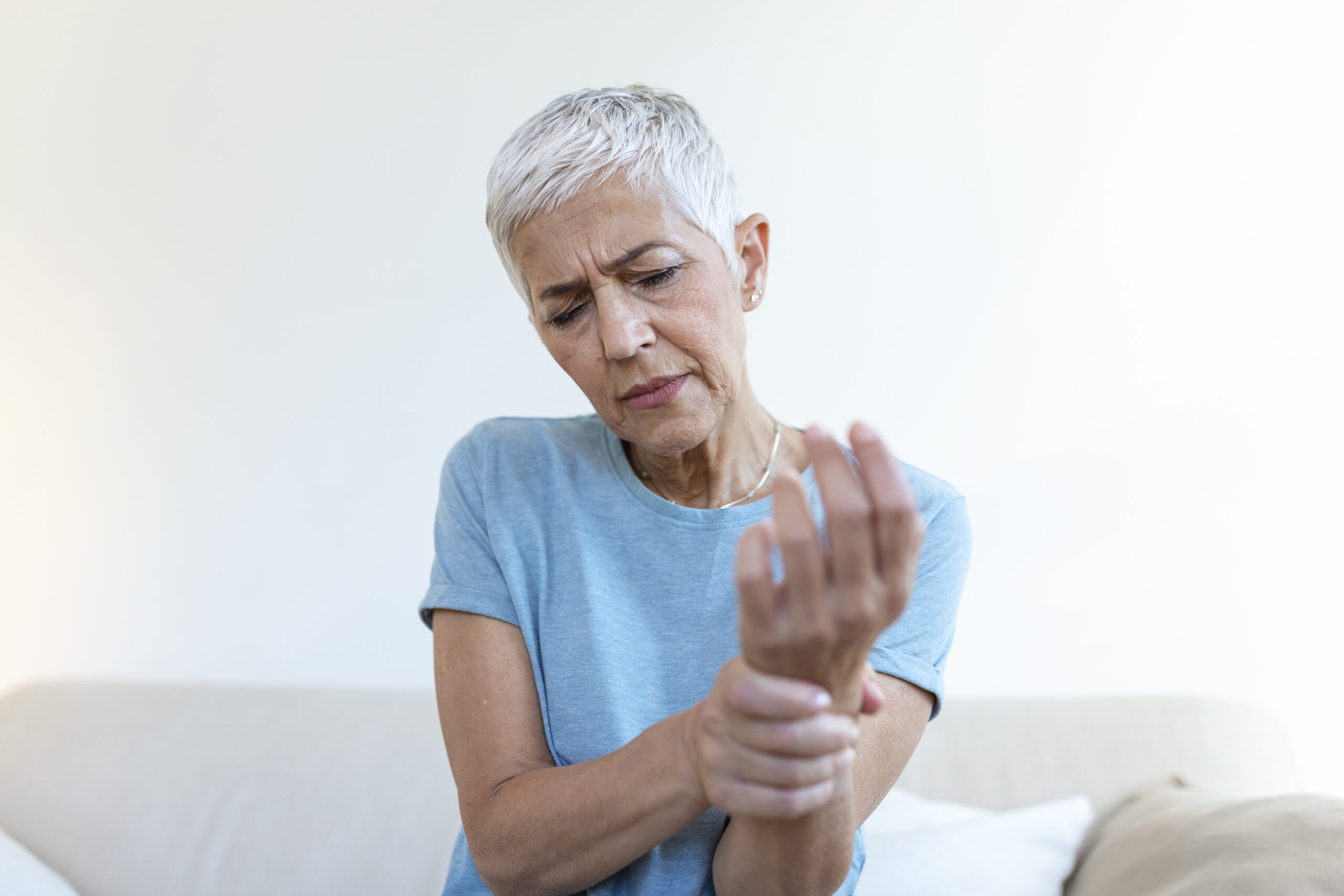Why your bones need more than just calcium—especially during menopause.
Attribution: Image by Freepik
Medically Reviewed by Andrea Caamano, Director of Medical Affairs, The HRT Club
Bone Health in Menopause: The Overlooked Risk
When most women think of menopause symptoms, they think hot flashes, mood changes, and disrupted sleep. But another major health risk flies under the radar: bone loss. Menopause brings a rapid decline in estrogen—a hormone that plays a vital role in maintaining bone density and strength.
Without adequate estrogen, women become more susceptible to osteopenia, osteoporosis, and fractures. This is where hormone replacement therapy (HRT) steps in—not just to relieve menopausal symptoms, but to help protect your bones from long-term damage.
Estrogen therapy is one of the most effective treatments to prevent postmenopausal bone loss. It helps slow the breakdown of bone and supports new bone formation—crucial during the rapid decline many women face in their 40s and 50s.
The Silent Role of Vitamin D
In addition to HRT, vitamin D plays a key supporting role. Long known to aid calcium absorption, vitamin D is essential for maintaining bone health. But newer research is uncovering broader implications—especially for menopausal women.
One study published in the Journal of Mid-Life Health found a strong link between vitamin D deficiency and reduced bone mineral density in postmenopausal women. The overlap is illuminating: women in menopause are already losing estrogen—and often unknowingly becoming deficient in vitamin D.
Estrogen + Vitamin D: The Powerful Duo
Estrogen helps keep bones strong, but it also plays a role in vitamin D metabolism. When estrogen levels fall, the body becomes less efficient at using vitamin D, further compounding the problem. This is why many women need both HRT and vitamin D support to truly protect their skeletal health.
If you’re not on HRT and haven’t checked your vitamin D levels recently, it’s worth a conversation with your healthcare provider.
It’s Not Just About Bones
Vitamin D deficiency doesn’t just affect bone density. Low levels are also tied to:
- Increased fat mass and weight gain
- Loss of lean muscle (sarcopenia)
- Chronic inflammation
- Mood disturbances and fatigue
This makes HRT and vitamin D even more relevant—not just to avoid fractures, but to help you feel stronger, more energetic, and balanced throughout midlife.
A Growing Conversation in Women’s Health
Physicians like Dr. Mary Claire Haver are amplifying awareness about vitamin D’s role in inflammation and body composition in midlife. The message is clear: optimizing vitamin D and hormones isn’t a luxury—it’s foundational to health after 40.
The Bottom Line: Your Bones Deserve Better
As hormones shift, your body needs backup. Hormone replacement therapy and vitamin D together offer a powerful defense against bone loss, muscle decline, and chronic inflammation.
✅ Ask your provider about HRT options
✅ Get your vitamin D levels tested
✅ Don’t wait to start protecting your bones
Ready to Take Action?
At The HRT Club, we connect you with trusted providers and treatment options designed for midlife women.
🔎 Find a Prescriber or explore our treatments today—your bones will thank you.


